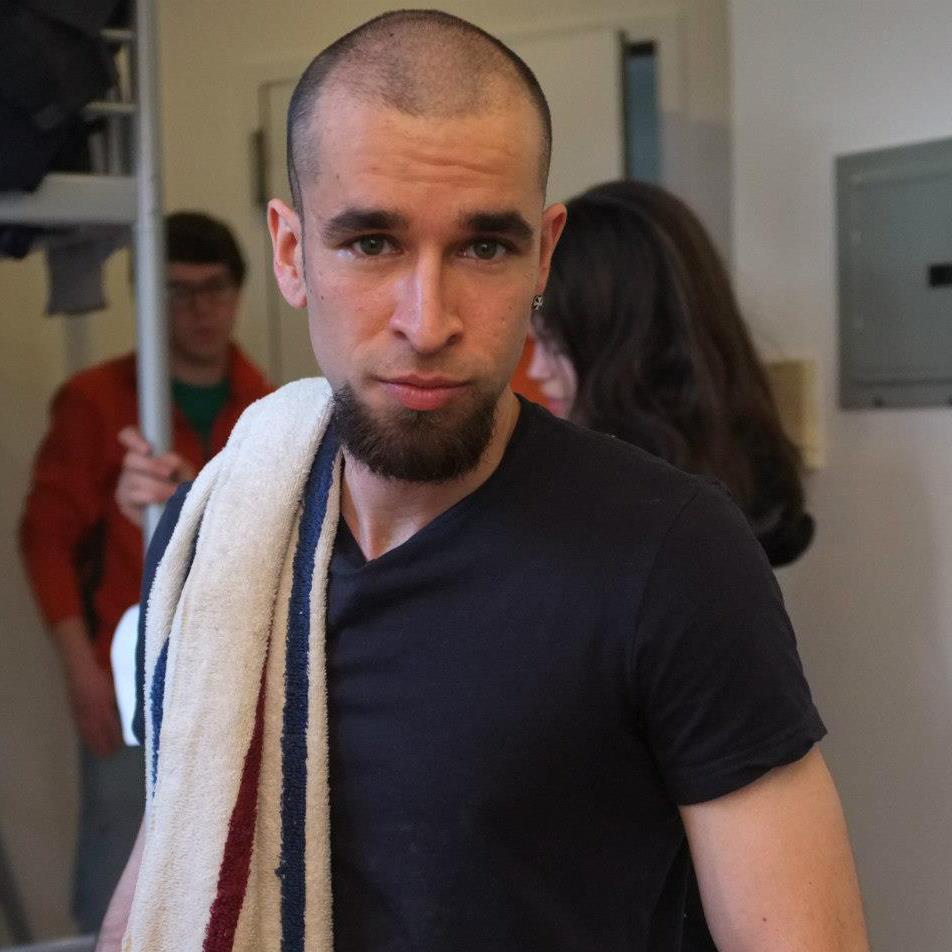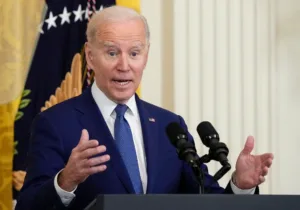The Jeddah Tower (formerly known as Kingdom Tower), under construction in Jeddah, Saudi Arabia, is slated to rise 3,307 feet from the ground. Jeddah has less than 4 million people, and the city’s population density is roughly 6,400 people per square mile, nominally higher than that of Milwaukee. So, there is no demographic need for this project. The Burj Khalifa in Dubai demonstrates that the Jeddah Tower will likely have difficulty finding enough tenants. But the Kingdom Holding Company, founded by Prince Al-Waleed bin Talal, has cash to burn.
Officially, the Jeddah Tower is being constructed to boost tourism, to spark the economic development of Jeddah Economic City (a brand-new neighborhood), and to serve as a symbol of Saudi Arabia’s economic and cultural stature. But between the lines, another statement is being made: just how much the Saudi royal family piggybacks off the rest of the world’s ingenuity.
The House of Saud became wealthy when an American expedition (the California-Arabian Standard Oil Company) discovered large oil reserves in 1938. The Saudis have sold cheap oil, with the help of technologies first developed by John Rockefeller’s Standard Oil Company, to support an industry developed by the German Daimler Brothers and Henry Ford. The automobile industry is dominated today by foreign corporate behemoths such as General Motors, Ford, Toyota, Honda, FCA, and Volkswagen. It is unlikely that the oil reserves would be worth so much if not for these innovations developed abroad.
The Jeddah Tower itself was designed by Adrian Smith + Gordan Gill Architecture, and the structural engineer is Thorntan Tomasetti, both American firms. These two firms are pushing the use of steel (made widely available thanks to Andrew Carnegie) and the elevator (another European/American development) to their limits. Landtech Designs, a Chicago-based firm, was awarded the landscaping contract, and the London-based firms EC Harris and Mace have been hired as consultants.
The Saudi Bin Laden Group is at least in charge of construction.
This statement tells the whole story: Saudi Arabia has become a very impressive consumer of technologies, but its own innovative output remains low. This is largely because its human capital remains underdeveloped, which is common among resource-rich nations. A recent Gallup poll stated that 90 percent of Saudis are employed by the government, whereas 90 percent of private sector employees in Saudi Arabia are expatriates.
I wonder if what is really being constructed is the world’s tallest facade.
All statements being made in Saudi Arabia warrant our attention. This is because the kingdom’s influence in the Muslim World is lopsided and problematic. This nation contains the soil where Muhammad lived and preached and where each year millions of Muslims travel to for their obligatory pilgrimage. This draconian nation remains one of the last absolute monarchies, where for decades the ruling clerics have preached and proselytized the ruinous Salafi interpretation of Islam across the globe. It is in the interest of global security that some changes be made in the kingdom.
We have heard many reports over the course of 2017 of changes being made in Saudi Arabia. The kingdom cut diplomatic ties with Qatar (over its support of terrorism!) in June. Thirty-two-year-old Prince (and Defense Minister) Mohammad bin Salman was elevated to crown prince that same month. It was announced that women will finally be allowed to drive cars in the kingdom in September. Over 40 princes and ministers, including Kingdom Holding Company founder Prince Al-Waleed bin Talal, were arrested for corruption in November. Whether this was over actual corruption, is the crown prince’s move to consolidate power, or both, remains up for debate.
Saudi Arabia has made modernizing gestures prior to this year. Prince Mohammad bin Salman unrolled his plan for restructuring the economy and lobbied to restrict the power of the religious police in 2016. The late King Abdullah announced that women would be allowed to vote in the next cycle of municipal elections in 2011. Changes were even in the air in 1962 when the kingdom formally banned slavery.
The House of Saud has long been in the business of building a “right state.” But are they altogether aiming for the right thing in all of this?
The Old Testament, particularly the books of Samuel, Kings, and Chronicles, contains accounts of cyclical attempts to build the “right state,” chronicling the idealizing of kings, inevitable collapse, and the disasters that followed. The New Testament has done much to emend this notion, shifting the idea that a “right state” will be the place of redemption to the idea of a right state-of-being.
There has never been, and never will be, a perfect state. Great civilizations are built from the bottom-up by individuals, not top-down by rulers. The aesthetics of a first-rate state can indeed be purchased, but a nation is great only when invisible thoughts and ideas spring up from the imaginations of the individuals who call that nation home. That is what spells the difference between merely consuming technology and actually innovating it. All of this knowledge, critical for building a first-rate nation, is readily available.
While the knowledge is readily available, the House of Saud’s willingness to capitalize on it is another question. What other steps would the House of Saud be willing to take toward emancipating the minds of their countrymen? Would they be willing to tolerate criticism from the citizenry? Would they be willing to lift, or at least loosen, apostate laws?
Dissidents such as Raif Badawi remain imprisoned and labeled as “terrorists,” and this mustn’t be lost in the discussion. The House of Saud maintains their security from such people, as well as from actual terrorists, by likewise being the largest importer of weapons in the world. In May, a weapons deal worth $350 billion over ten years was signed between Saudi Arabia and the United States.
It is highly improbable that the House of Saud will allow any necessary changes within the kingdom to go very far. How many substantial reforms can be made within the kingdom until a potential rival (a group like the Islamic State) dubs the royal family “not Islamic enough”? How many substantial reforms can be made before its interpretation of Shariah Law gets too undermined? How much pride would a young king, called erratic by several accounts, be willing to swallow toward such an end?
My own skepticism is coupled with a much deeper concern: that these surface changes, facades, are an attempt to mask our eyes from a grim reality.
In the coming years, we may have to face the reality that the House of Saud has already followed a destructive path for far too long, that nothing short of a miracle can make them heralds of any first-rate nation. The House of Saud has already invested billions in resources to poison the minds of Saudi citizens, and millions of Muslims abroad, with the Salafi interpretation of Islam. It is probable that corruption runs far deeper than just 40 princes. Courses have been set, and seeds planted, long ago. All of this scrambling to reform may be too little, too late.
Saudi Arabia likewise has grim prospects looking abroad. How long can regional rivalries with Iran and Qatar be maintained until a boiling point is reached? How long can terror groups fighting nearby civil wars (it should also be noted that Saudi Arabia has taken in no refugees from the crisis that it has helped exacerbate) be supported in a powder keg of a region?
More importantly, what will be the end result of this course that has already been followed? Has a point of no return already been crossed?
In the near future, tourists in Jeddah will be able to look up to the pinnacle of the Jeddah Tower, and marvel. It will avert their eyes from what is going on around them on the ground.
—
Zubair Simonson grew up in North Carolina and now lives in New York. He graduated from the University of Michigan with a BA in Political Science. Many of Zubair’s non-fiction thoughts have been published by the Philos Project. Several of his fiction thoughts have been self-published on Kindle. He also grew up Muslim but is a Catholic today and a member of the Secular Franciscan Order.
Photo Credit: Jeddah Tower being built in northern Jeddah, Saudi Arabia in December 2016. By Ammar shaker, via Wikimedia Commons.







 Sponsor a student for Christianity & National Security 2024
Sponsor a student for Christianity & National Security 2024